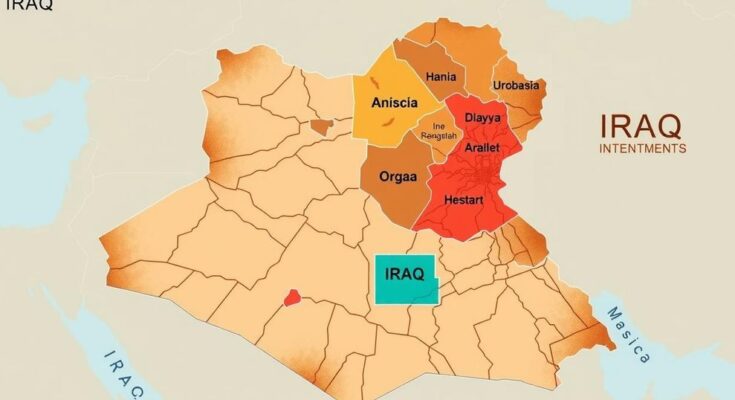Mohammed Al-Najjar discusses the sectors attracting investments in Iraq, identifies challenges to foreign investors, and highlights the need for legal reforms. The energy and real estate sectors are particularly appealing, with France and Britain leading in investments, while many international agreements await implementation due to legislative hurdles.
On Thursday, Mohammed Al-Najjar, the Prime Minister’s Advisor for Investment Affairs, highlighted key sectors attracting domestic and international investments in Iraq, while also addressing existing challenges. He stated that the energy and real estate sectors are currently the most appealing for investors, while the industrial, service, and agricultural sectors are primarily backed by local investments. However, foreign investments have not met expectations, with only modest contributions observed in the energy sector.
Al-Najjar noted a significant interest in exploring market opportunities, with some projects reaching the decision phase and others still under study. A major hindrance to foreign investment remains the lack of adequate legal frameworks which inhibit transparency. To address this, he indicated the necessity of amending existing laws to align with twenty-first-century investment standards.
France and Britain are of particular note as the largest investing countries, with France holding a Total contract and Britain a Bibi contract. While some Saudi investments exist, they are reliant on protective measures that await parliamentary approval. Additionally, there is a notable presence of Gulf and Egyptian investments, many of which are currently under evaluation.
Despite the strong desire for implementing international agreements, Al-Najjar pointed out that some agreements face complications due to legislative issues. He referenced the impact of recent conflicts, specifically the October 7 war, which has influenced investment dynamics. Many international agreements involve bilateral negotiations and require time for effective execution, with some already in progress while others await initiation.
In summary, the Iraqi investment landscape is marked by significant interest in the energy and real estate sectors, tempered by challenges stemming from inadequate legal frameworks. While various countries are engaging in investment, particularly France and Britain, progress is hindered by legislative issues and the recent conflict’s effects. Addressing these obstacles while nurturing local and foreign investments is crucial for Iraq’s economic growth.
Original Source: ina.iq




